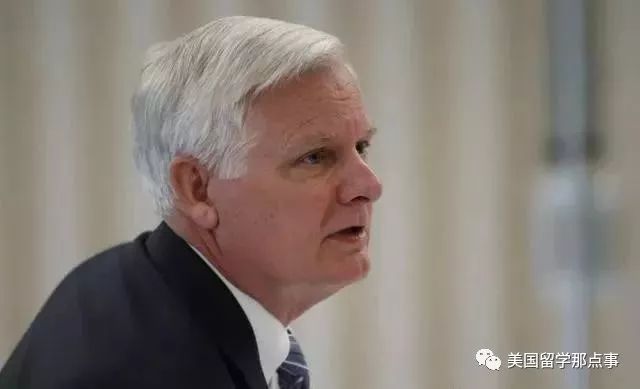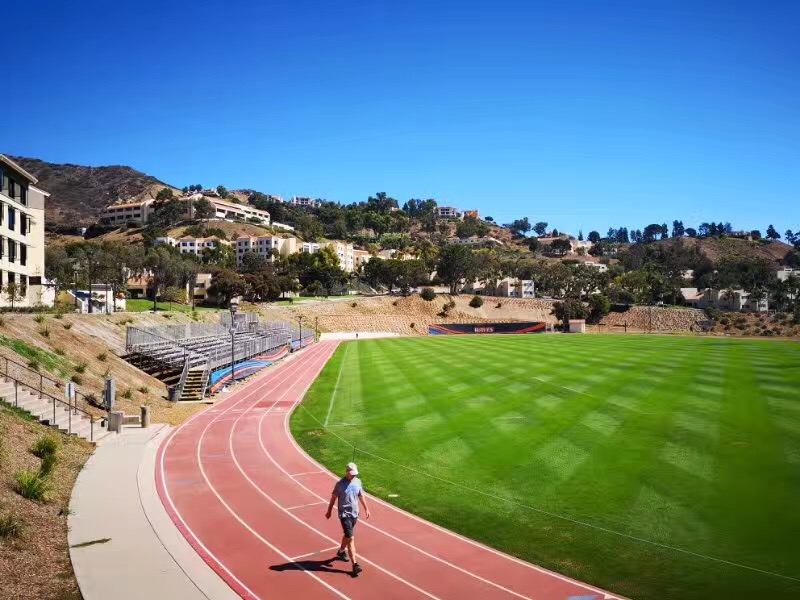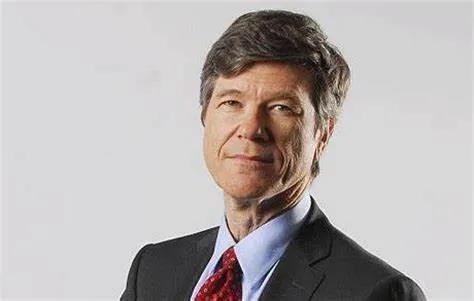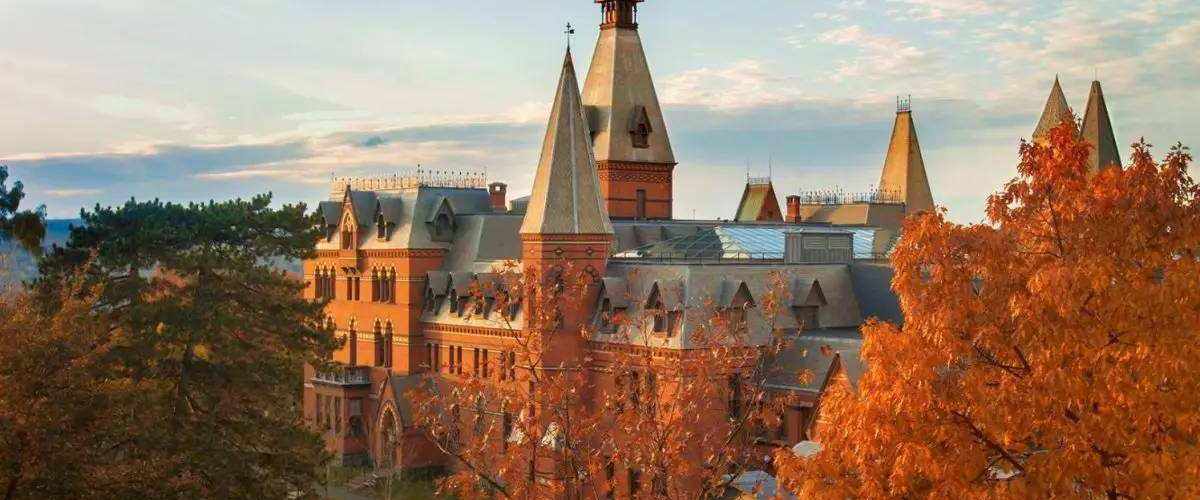Ralph Nader (pronounced /ˈneɪdər/; born February 27, 1934) is an American attorney, author, lecturer, political activist, and four-time candidate for President of the United States, having run as Green Party candidate in 1996 and 2000, and as independent candidate in 2004 and 2008.
Areas of particular concern to Nader include consumer protection, humanitarianism, environmentalism, and democratic government. With grassroots democracy civic actions, green politics and left-wing politics, he is a reputed populist, harking to 19th century American populists and movements like Henry George"s geoism, which he referred to in his 2004 presidential election platform.
Background and early career
Nader was born in Winsted, Connecticut. His parents, Nathra and Rose Nader, were immigrants from Lebanon, and his mother was Orthodox Christian. His family"s native language is Arabic, and he has spoken it along with English since childhood. His sister, Laura Nader, is an anthropologist.
Nathra Nader was employed in a textile mill, and at one point owned a bakery and restaurant where he engaged customers in political discourse.
Ralph Nader graduated from Princeton University in 1955 and Harvard Law School in 1958. He served in the United States Army for six months in 1959, then began work as a lawyer in Hartford, Connecticut. Between 1961 and 1963, he was a Professor of History and Government at the University of Hartford. In 1964, Nader moved to Washington, D.C., where he worked for Assistant Secretary of Labor Daniel Patrick Moynihan. He also advised a United States Senate subcommittee on car safety. Nader has served on the faculty at the American University Washington College of Law.
Automobile-safety activism
Nader"s first consumer safety articles appeared in the Harvard Law Record, a student publication of Harvard Law School, but he first criticized the automobile industry in an article he wrote for The Nation in 1959 called "The Safe Car You Can"t Buy."
In 1965, Nader wrote Unsafe at Any Speed, a study that revealed that many American automobiles were unsafe. The first chapter, "The Sporty Corvair"-the one-car accident, pertained to the Corvair manufactured by the Chevrolet division of General Motors which had been involved in accidents involving spins and rollovers. There were over 100 lawsuits pending against GM in connection to accidents involving the popular compact car. These lawsuits provided the initial material for Nader"s investigations into the safety of the car.
A 1972 National Highway Traffic Safety Administration safety commission report conducted by Texas A&M University concluded that the 1960-1963 Corvair possessed no greater potential for loss of control than its contemporaries in extreme situations. GM executive John DeLorean, asserts in On a Clear Day You Can See General Motors (1979) that Nader"s criticisms were valid.
In early March 1966, several media outlets, including The New Republic and the New York Times, reported that GM had tried to discredit Nader, hiring private detectives to tap his phones and investigate his past, and hiring prostitutes to trap him in compromising situations. Nader sued the company for invasion of privacy and settled the case for $284,000. Nader"s lawsuit against GM was ultimately decided by the New York Court of Appeals, whose opinion in the case expanded tort law to cover "overzealous surveillance."
Nader"s advocacy of automobile safety and the publicity generated by the publication of Unsafe at Any Speed, along with concern over escalating nationwide traffic fatalities, contributed to the unanimous passage of the 1966 National Traffic and Motor Vehicle Safety Act. The act established the National Highway Traffic Safety Administration, and marked a historic shift in responsibility for automobile safety from the consumer to the manufacturer. The legislation mandated a series of safety features for automobiles, beginning with safety belts and stronger windshields.
Activism
Hundreds of young activists, inspired by Nader"s work, came to DC to help him with other projects. They came to be known as "Nader"s Raiders" who, under Nader, investigated government corruption, publishing dozens of books with their results:
* Nader"s Raiders (Federal Trade Commission)
* Vanishing Air (National Air Pollution Control Administration)
* The Chemical Feast (Food and Drug Administration)
* The Interstate Commerce Omission (Interstate Commerce Commission)
* Old Age (nursing homes)
* The Water Lords (water pollution)
* Who Runs Congress? (Congress)
* Whistle Blowing (punishment of whistle blowers)
* The Big Boys (corporate executives)
* Collision Course (Federal Aviation Administration)
* No Contest (corporate lawyers)
* Destroy the Forest (Destruction of ecosystems worldwide)
* Operation: Nuclear (Making of a nuclear missile)
Nader speaks out against the Iraq War at a September 15, 2007, anti-war protest.
In 1971, Nader co-founded the non-governmental organization (NGO) Public Citizen with fellow public interest lawyer Alan Morrison as an umbrella organization for these projects. Today, Public Citizen has over 140,000 members and investigates Congressional, health, environmental, economic and other issues. Nader wrote, "The consumer must be protected at times from his own indiscretion and vanity."
In the 1970s and 1980s Nader was a key leader in the anti-nuclear power movement. "By 1976, consumer advocate Ralph Nader, who later became allied with the environmental movement "stood as the titular head of opposition to nuclear energy"" He advocates the complete elimination of nuclear energy in favor of solar, tidal, wind and geothermal, citing environmental, worker safety, migrant labor, national security, disaster preparedness, foreign policy, government accountability and democratic governance issues to bolster his position.
Ecology
Nader spent much of 1970 on his campaign to educate the public about ecology. Nader said that the rivers and lakes in America were extremely contaminated. He said that "Lake Erie is now so contaminated you"re advised to have a typhoid inoculation before you set sail on some parts of the Lake."
He also added that river contaminations affect humans because many residents get their water supply from these contaminated rivers and lakes. "Cleveland, takes its Water Supply from deep in the center of Lake Erie. How much longer is it going to get away with that?"
Nader told how some rivers are contanimated so badly that they can be lit on fire. "The Buffalo River is so full of petroleum residuals, it"s been classified an official fire hazard by the City of Buffalo. We have the phenomena now known as flammable water. The Cuyahoga River outside of Cleveland did catch fire last June, burning a base and some bridges. I often wonder what was in the minds of the firemen as they rushed to the scene of the action and pondered how to put—put this fire out. But we"re heading in river after river: Connecticut River, Hudson River, Mississippi River, you name it. There"s some rivers right outside of Boston, New Hampshire and Maine where if a person fell into "em, I think he would dissolve before he drowned."
Non-profit organizations
Throughout his career, Nader has started or inspired a variety of non-profit organizations, most of which he has maintained close associations:
* Citizen Advocacy Center
* Citizens Utility Boards
* Congress Accountability Project
* Consumer Task Force For Automotive Issues
* Corporate Accountability Research Project
* Disability Rights Center
* Equal Justice Foundation
* Foundation for Taxpayers and Consumer Rights
* Georgia Legal Watch
* National Citizens" Coalition for Nursing Home Reform
* National Coalition for Universities in the Public Interest
* Pension Rights Center
* PROD (truck safety)
* Retired Professionals Action Group
* The Shafeek Nader Trust for the Community Interest
* 1969: Center for the Study of Responsive Law
* 1970s: Public Interest Research Groups
* 1970: Center for Auto Safety
* 1970: Connecticut Citizen Action Group
* 1971: Aviation Consumer Action Project
* 1972: Clean Water Action Project
* 1972: Center for Women"s Policy Studies
* 1973: Capitol Hill News Service
* 1980: Multinational Monitor (magazine covering multinational corporations)
* 1982: Trial Lawyers for Public Justice
* 1982: Essential Information (encourage citizen activism and do investigative journalism)
* 1983: Telecommunications Research and Action Center
* 1983: National Coalition for Universities in the Public Interest
* 1988: Taxpayer Assets Project
* 1989: Princeton Project 55 (alumni public service)
* 1993: Appleseed Foundation (local change)
* 1994: Resource Consumption Alliance (conserve trees)
* 1995: Center for Insurance Research
* 1995: Consumer Project on Technology
* 1997?: Government Purchasing Project (encourage purchase of safe products)
* 1998: Center for Justice and Democracy
* 1998: Organization for Competitive Markets
* 1998: American Antitrust Institute (ensure fair competition)
* 1999?: Arizona Center for Law in the Public Interest
* 1999?: Commercial Alert (protect family, community, and democracy from corporations)
* 2000: Congressional Accountability Project (fight corruption in Congress)
* 2001: Citizen Works (promote NGO cooperation, build grassroots support, and start new groups)
* 2001: Democracy Rising (hold rallies to educate and empower citizens)
In 1980, Nader resigned as director of Public Citizen to work on other projects, forcefully campaigning against what he believed to be the dangers of large multinational corporations.
------------------------------------------------------------------------------------
拉尔夫·纳德
作家,律师。1934年2月27日生于康涅狄格州温斯特德。1955年毕业于普林斯顿大学。1958年获哈佛大学法学士学位。
1965年出版了一本名为《任何速度都是不安全的》的书,引起公众注意。该书成为当年最畅销书。曾被《美国新闻与世界报道》列为美国最有影响力的人物之一。
纳德被认为是美国现代消费者运动之父。在过去的几十年里,他一直单枪匹马、坚持不懈地提高美国消费者的自我保护意识,呼吁政府规范工业生产,提高产品安全。
1996年纳德参加总统竞选,但只在21个州获得了参选资格,得票率不足1%。2000年7月纳德被绿党提名为总统候选人,赢得了2.7%的选票。民主党人士认为,正是纳德的参选分走了民主党的部分选票,才使得戈尔在大选中以极小的差距败给了共和党总统候选人布什。
现年74岁的纳德2008年以独立竞选人身份参选,这次是他第5次参加总统竞选,他的名字将出现在美国至少46个州的选票上。不过和2000年总统竞选大不相同的是,今年纳德几乎处于被美国主流媒体忽视的状态。
纳德曾经担任过律师,他在晚年成为著名的保护消费者权益的倡导者。纳德认为,美国两大党民主党和共和党如今已没什么区别,它们都代表着大企业的利益,对消费者的权益漠不关心。纳德称自己之所以参加总统竞选,是因为看到现在很多美国民众,因不满伊拉克战争和国家经济窘境而对两大党失去信心。纳德称,虽然他知道自己竞选总统不可能成功,但他仍要“明知不可为而为之”,因为他想让更多的人了解他的政见,了解美国大企业的贪婪和保护消费者权益的重要性。
虽然身为百万富翁,但纳德却过得相当节俭。他没有任何固定资产,没有汽车,只身一人住在华盛顿的一间小公寓里。有媒体称他只有一台黑白电视机,连彩色电视机都没有。他将自己的大部分收入都花在了创建各种消费者权益倡仪团体上。







